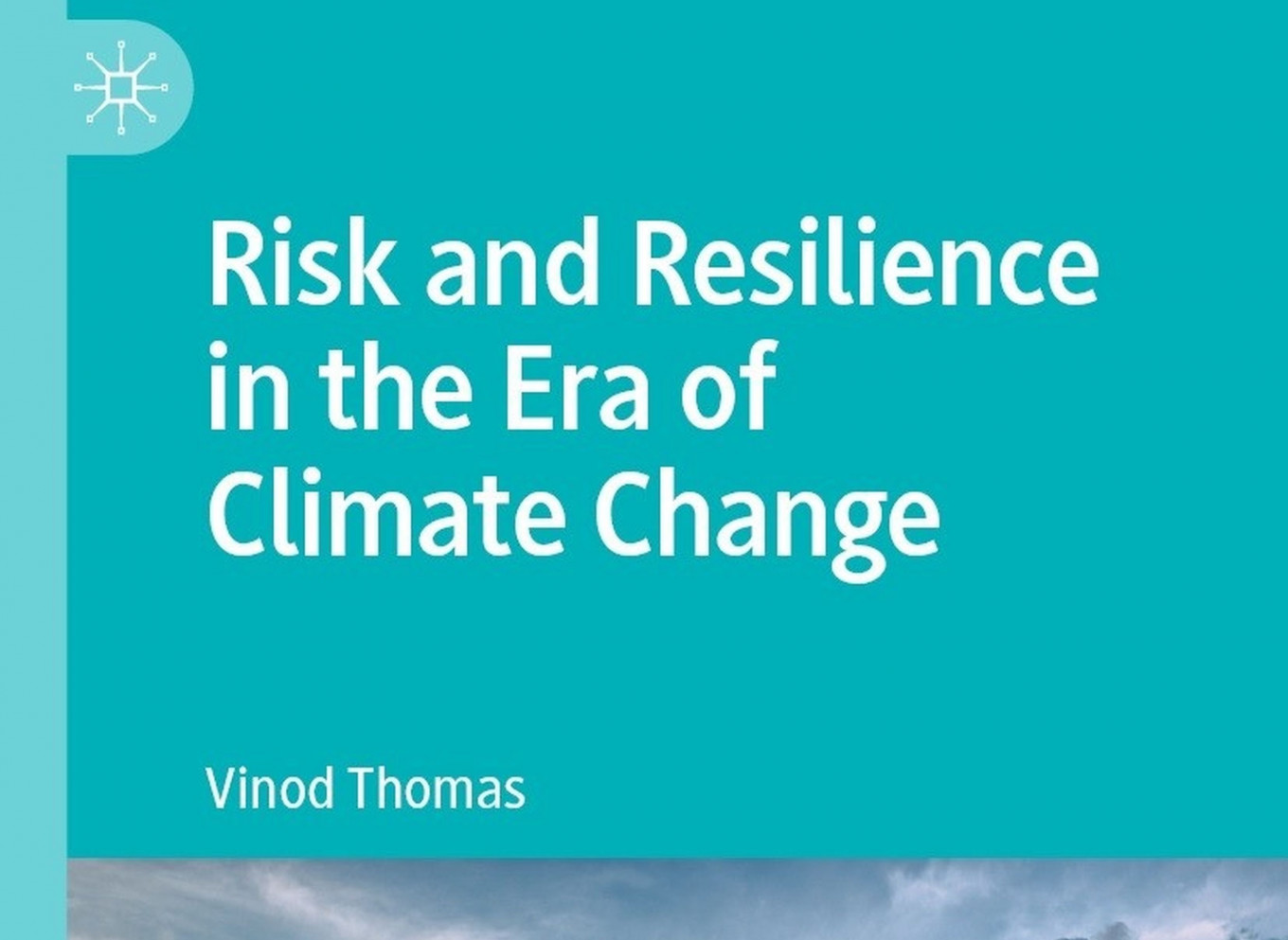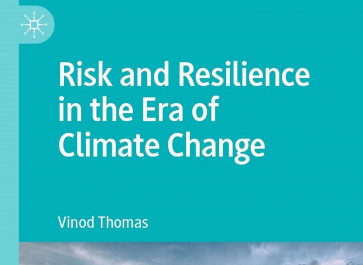Popular Reads
Top Results
Can't find what you're looking for?
View all search resultsPopular Reads
Top Results
Can't find what you're looking for?
View all search resultsResilience must match new highs in risk
It spells out its message of what it will take to meet the rising climate risks by building higher resilience, finding new ways to adapt to the inevitable, and doing all we can to mitigate climate change by shifting to carbon-free growth paths.
Change text size
Gift Premium Articles
to Anyone
A
s once-in-a-century weather disasters like the 2023 floods in northeast China become frequent occurrences triggered by human-caused climate change, a new book Risk and Resilience in the Era of Climate Change, (Palgrave Macmillan, 2023) by Vinod Thomas assumes great significance for all.
It spells out its message of what it will take to meet the rising climate risks by building higher resilience, finding new ways to adapt to the inevitable, and doing all we can to mitigate climate change by shifting to carbon-free growth paths. To make the most of this message, it would pay to follow up on how country policy must devote a far higher share of investment to mitigate and adapt.
As rising temperatures grip the world, Southeast Asia, with a population of nearly 700 million people, is under extreme stress. At the knife's edge of disasters, the Philippines, for example, could lose 7 percent of its landmass by 2030 and 14 percent by 2040 due to climate damage.
Apart from the Philippines, positioned at the top of lists of climate-vulnerable countries, Indonesia, Vietnam and Myanmar have had the highest numbers of people displaced due to natural calamities.
Raising the stakes for the region is the fact that it is also a leading contributor to additional greenhouse gases, spurred by rising energy demand and the relentless use of fossil fuels. Polluting fuels comprise some 75 percent of Southeast Asia's electricity and coal, around 50 percent, and this picture is changing too slowly.
While the book suggests several ways forward, it also has an ominous message.
Runaway climate change can present a non-convergence of the problem, as global warming and extreme weather destabilize energy supplies, which, coupled with demand for more cooling, prompts more fossil fuel use, increasing pollution and worsening the crisis. This tendency is evident in Southeast Asia. Nevertheless, many of the problems present avenues of convergence to a solution.



















